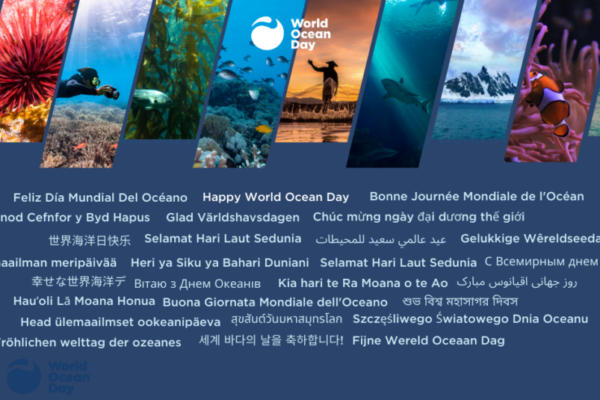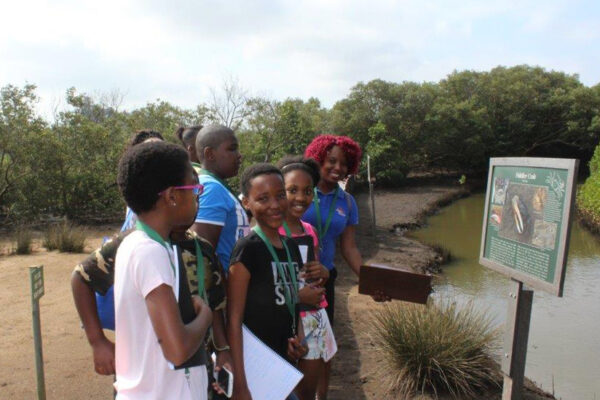To help you better understand the public policy space and what role aquariums and zoos can play at the comfort level that works for you, The Ocean Project is launching a “brown bag” Making Conservation Happen webinar series. This new webinar series is geared for aquariums and zoos on how to strategically, safely, and cost-effectively get more involved in conservation policy and advocacy. Session 1 will be on April 13 at 1:00pm Eastern/10:00am Pacific; Session 2 will be on May 4 at the same time. The series is intended to provide your aquarium or zoo with ideas and strategies to grow your policy advocacy and engagement, and we encourage you to reserve a conference room and invite your colleagues. For more information on the series click here. To join the webinar on April 13 click this link.
When I heard last week that Zell Miller had died my mind came to a quote of his that is as a concise assessment of what motivates and influences public officials. Miller, who served Georgia as Governor and in the U.S. Senate, said, “Politicians only understand two things: what you can do for them, and what you can do to them.” In other words, they like carrots, do not like sticks, but are responsive to both.
Without getting into the legal definitions of what constitutes electioneering or lobbying, Miller’s statement applies equally to elections and the legislative priorities of an elected official. Suffice it to say there is substantial wiggle room for a 501(c)3 to engage in both, but institutions like aquariums and zoos can do neither and still influence what a public official supports or opposes. The reason is because every minute a Senator, Member of Congress, or state legislator is at work in their capitol office they are asking themselves, “What are my people saying about me back home?” This makes them pay attention to those who have regular contact with their constituents such as media, schools or colleges – and why they should be paying attention to you!
The ability of aquariums and zoos to engage their constituents gets us to the heart of the “what we can do for them,” and for that fact alone elected officials should want to work with your institution. Think of it this way…by making your relationship with a public official mutually beneficial you can advance the conservation and education portion of your mission.
Moreover the skills you use for communicating with your guests are the same skills that can be used to engage a public official not only on a public policy issue that protects fish, mammals, other wildlife, and their habitats, but also support for a program or project that will help you better serve members of your community who happen to be their constituents. Much of the work done to influence public policy decisions begins and ends with trust so that when you make an ask or convey your views they know it is reliable. Because many public officials or their staff have likely visited an aquarium or zoo as a child, parent or grandparent, you have a head start on building or enhancing your relationship. Simply put, it is just like how you leverage anyone else’s personal experiences into supporting your mission.
Lesson number 1 of public relations is “repetition, repetition and repetition.” The same goes for government relations whereas you can never remind public officials – or their staff which frequently turns over – enough of the benefits your programs provide to your community and the economic impact from your operations. In the public policy space, aquariums and zoos are unique in that you are valued and valuable community institutions and your audiences trust the integrity of your conservation messages whether it be onsite education messages or public policy issues involving fish, mammals, other wildlife, and their habitats.
The choice of how and whether to engage on public policy issues is yours alone and needs to be within the comfort level of your Board and leadership. By making it educated and calculated you ensure you do not threaten support within your community. And presumably, it must fit within the budget constraints and available resources. Put another way, with little or virtually no adjustment of existing resources and focus you can create something akin to biological mutualism, whereby your helping them helps you meet your mission.




